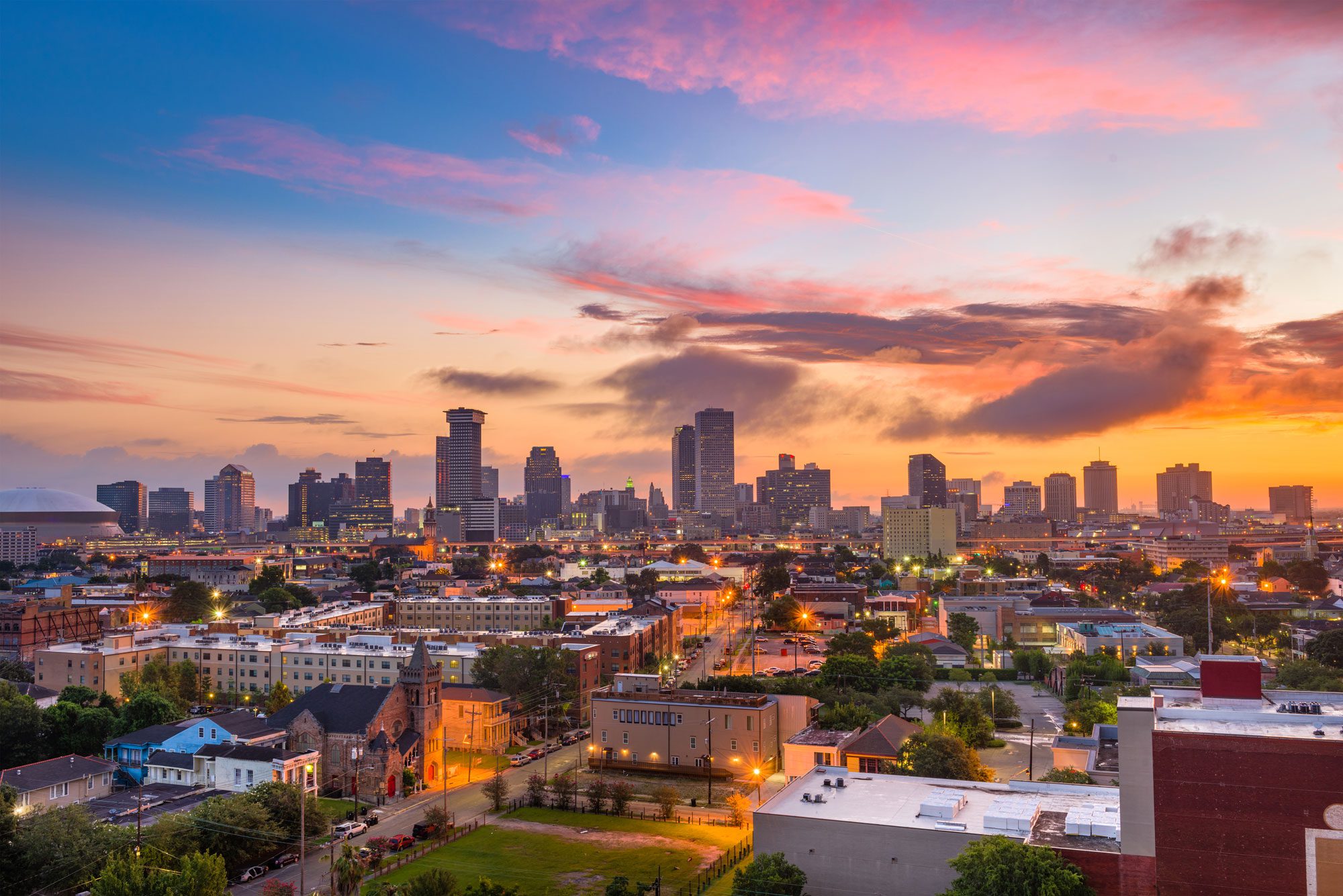on Aug 28, 2025
Reflecting on the 20th Anniversary of Hurricane Katrina

Reflecting on the 20th Anniversary of Hurricane Katrina
Written by Jeff Hébert, CEO
Tomorrow marks the 20th anniversary of Hurricane Katrina’s landfall in New Orleans, forever changing the city, the Gulf Coast region, and how we think about disaster response.
So many of us from Louisiana knew we had to go home. We had no real plan, just the certainty that we needed to be there. In those early days after the storm, our world narrowed to what was right in front of us — our families, our neighbors, and our immediate community. New Orleans was heavy with grief and uncertainty. Relief systems were inadequate and overwhelmed.
Yet in the middle of that chaos, something else emerged: human resolve. Residents became rescuers, teachers became community leaders, and strangers became family.
Days turned into years, and many of us, myself included, ended up dedicating our careers to the long-term recovery of New Orleans and helping other communities prepare and respond to disaster.
I’m proud that HR&A and so many of you in our extended community continue to support New Orleans in building a more equitable and resilient city.
After two decades and countless other catastrophic events in communities around the country, we’ve learned that true recovery isn’t about getting back to how things were. It’s about building something better for the people who call that place home.
The lessons from Hurricane Katrina are universal and should continue to shape our response to every community facing the unthinkable:
-
- Preparedness is everything. Waiting for disaster to strike is too late. Proactive resilience must be built into infrastructure, planning, and leadership.
-
- Listen to communities. Locals know what they need. If recovery doesn’t involve them, it fails them.
-
- Leadership requires humility and decisiveness. You can’t have all the answers, but you must be willing to act and demonstrate progress.
-
- Disasters expose inequity. The levee breaks didn’t just flood a city, they revealed systemic cracks we couldn’t afford to ignore.
-
- The bonds between people are the strongest foundation. Again and again, people show up and find a way to fill the gap where resources fall short. But long-term resilience requires proper support.
As we mark this anniversary, let’s not only remember what was lost, but recommit to the work that remains. There are hard lessons that still haven’t been learned. Let’s also take a moment to reflect on what Katrina and subsequent events have exposed about who gets left behind and what it will take to ensure every community has the chance to not just survive, but thrive.